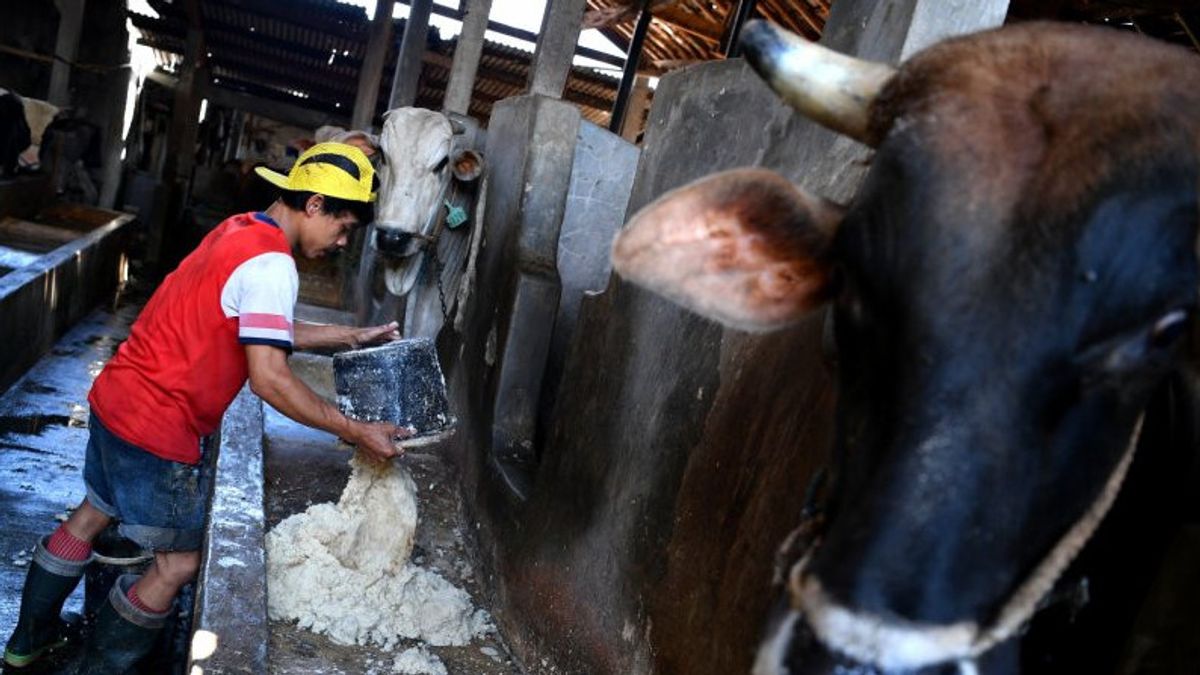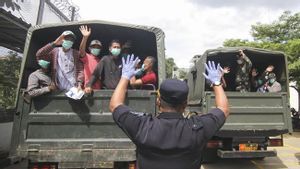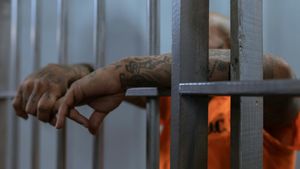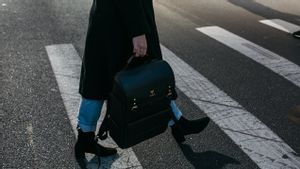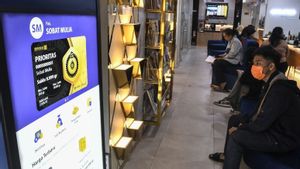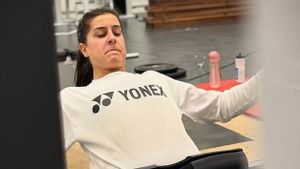JAKARTA - The city of South Jakarta (Jaksel) is not only popular with young people hanging out after work. Away from the crowd, hidden from the bustle of cafe music, there are still those who are diligently working on cattle ranching.
In fact, according to Hasudungan Sidabalok, Head of the Food, Maritime and Agriculture Security Service (KPKP Sub-Department) for South Jakarta City, the potential of South Jakarta urban livestock far exceeds East Jakarta.
"Livestock in South Jakarta is still promising, because it has been passed down from generation to generation and is the local wisdom of the Betawi people," he explained as quoted by Antara, Wednesday, February 3.
Now there are 175 farmers who are actively producing meat and animal milk. They are spread across 10 sub-districts in South Jakarta, including Jagakarsa, Pasar Minggu, Mampang, Pancoran and other sub-districts.
The details are 45 dairy farmers with 968 livestock and 47 beef cattle farmers with 822 livestock.
Furthermore, there are 1 buffalo breeders with 4 cattle and 15 horse breeders with 45 livestock.
"The highest number of beef goat breeders is 48 with 1,016 livestock," said Hasudungan.
There are also 17 sheep breeders with 222 livestock, one dairy goat farmer with six cattle and one rabbit farmer with 70 livestock.
If seen per region, the largest number of beef goat breeders is in Kebayoran Lama District, while the most dairy cows are in Mampang Prapatan District.
According to Hasudungan, these breeders in South Jakarta produce animal products in the form of meat and milk to meet the needs of the people of Jakarta.
"In South Jakarta there are 510 productive cows, a day they can produce as much as 3,600 liters of milk," he said.
The cow's milk production, which is produced by these farmers in South Jakarta, is able to meet the needs of animal milk in the Jakarta area of around five percent.
As for meat, his office does not yet have exact data on how much meat is produced by breeders in South Jakarta. "For the meat to be slaughtered at the Slaughterhouse (RPH), we don't have the production figures yet," said Hasudungan.
Hasudungan added that even though they are located in the capital city, urban farms in South Jakarta have enough potential to be developed.
This is what underlies his organization to hold an online seminar (webinar) on urban animal husbandry training which will be held on the next Wednesday (10/2).
"This training is to introduce the potential of urban livestock, in addition to improving the economy, animal protein and milk play a very important role in increasing immunity during this pandemic," said Hasudungan.
The English, Chinese, Japanese, Arabic, and French versions are automatically generated by the AI. So there may still be inaccuracies in translating, please always see Indonesian as our main language. (system supported by DigitalSiber.id)
